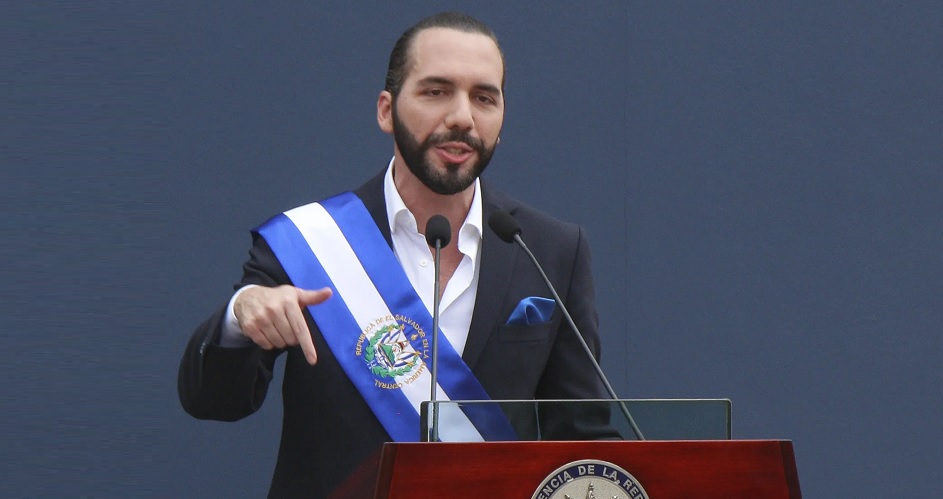El Salvador today has become the world’s first sovereign nation to officially buy Bitcoin and to make the cryptocurrency legal tender ushers in the “start of a new world.”
The President Nayib Bukele of El Salvador confirmed that his government has bought 400 Bitcoin – worth about $21 million – just before the Central American country formally adopts the world’s most popular cryptocurrency as legal tender. And, President Bukele said the government plans to “buy a lot more” too.
The price of Bitcoin rose following the announcements on Twitter to trade at around $52,680.
Nigel Green, chief executive and founder of deVere Group, one of the world’s leading financial advisory asset management and fintech organizations said “It’s almost universally recognized that the future of money is inevitably digital, in some form or another. El Salvador has today made history by not only becoming the first country in the world to declare Bitcoin as legal tender, but by also becoming the first sovereign nation to officially buy it.
“I believe this is a threshold moment in the evolution of digital currency and that it ushers in the start of a new world as we can expect more nations, especially those with developing economies, to follow El Salvador’s historic lead.”
On Monday, the deVere CEO conceded that there are major risks attached to the move, including that there is a possibility that El Salvador could run out of dollars and that institutions, such as the IMF, might not look favorably on a nation that has adopted Bitcoin.
These risks prompted some El Salvadorans last week to take to the streets to protest against the adoption of Bitcoin as an official currency.
However, he set out five reasons why he “cautiously welcomed” the Bitcoin decision.
“First, El Salvador chose to be reliant upon a major ‘first-world’ currency, the U.S. dollar, to complete transactions. But this reliance on another country’s currency also comes with its own set of, often very costly, problems.
“The El Salvadoran government cannot print its own money and the economy cannot benefit from the U.S. Federal Reserve’s money-printing agenda. Therefore, El Salvador must either borrow or earn the dollars it needs.
“A stronger U.S. dollar can have a crippling impact on emerging-market economies, such as that of El Salvador.
“By adopting a cryptocurrency as legal tender these countries then immediately have a currency that isn’t influenced by market conditions within their own economy, nor directly from just one other country’s economy.
“Bitcoin operates on a global scale and is, as such, largely impacted by wider, global economic changes.
“Second, central banks around the world have been devaluing their currencies, while Bitcoin’s supply is not only limited, but also new coins are mined at a decreasing rate too. El Salvadorans could, therefore, find their new adopted currency gives them more purchasing power when they buy from overseas.”
He went on to say: “Third, El Salvador’s adoption of Bitcoin could cut the cost of remittances, a major source of income for millions of people. The remittances would be made faster and easier too, compared to money transfer services or bank wires, so remittances are likely to further increase.
“Fourth, by diversifying the nation’s dollar reserves into the cryptocurrency, there could be additional opportunities to earn yield, meaning the size of the reserves would grow.
“And fifth, El Salvador could benefit from significant foreign investment and capital inflows as digital asset organizations are likely to relocate to the Bitcoin-friendly nation.”
Of El Salvador’s Bitcoin legal tender rollout and massive purchase, Green concludes “The world is watching. This is likely to be President Bukele’s legacy in the making.”





